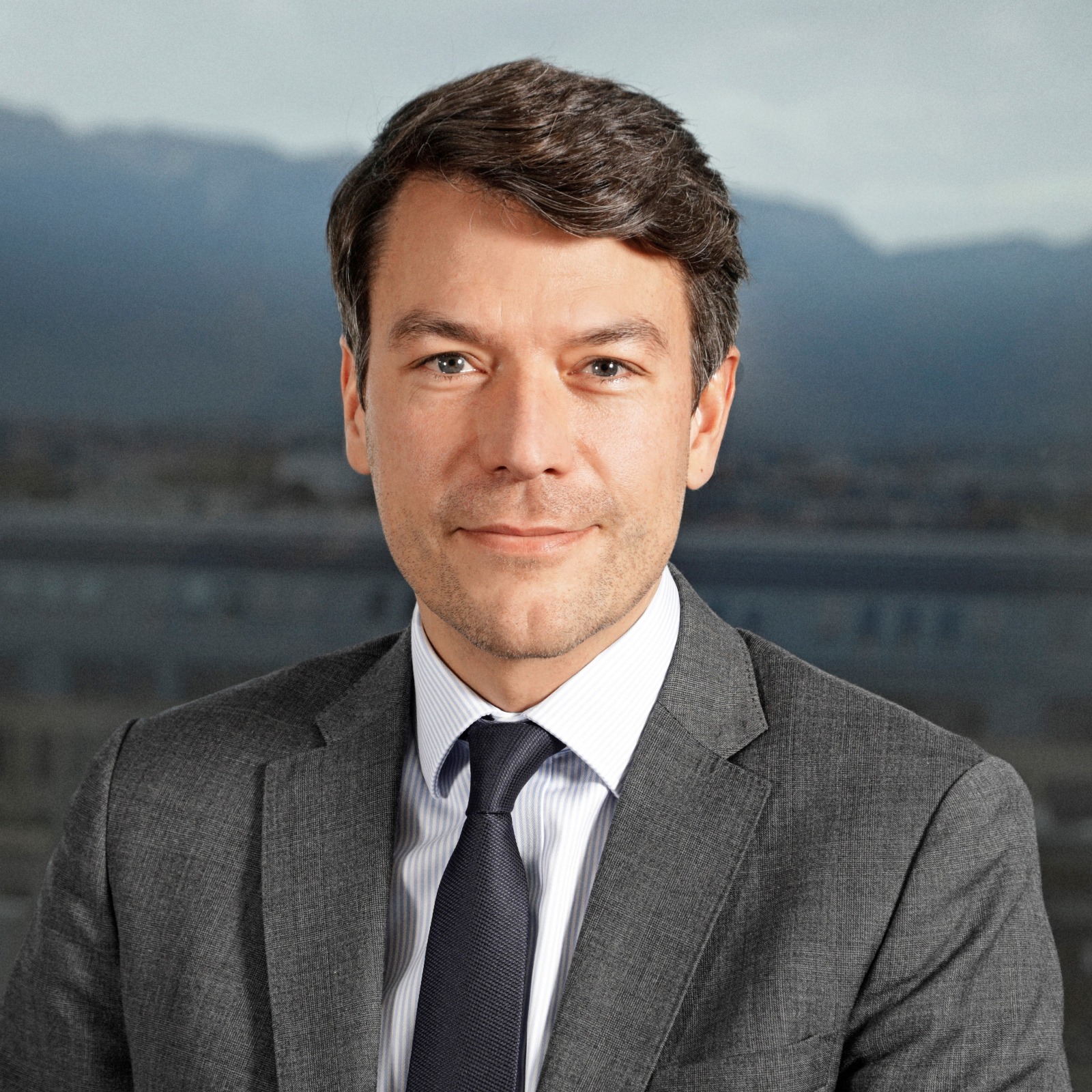Gregory Lambillon, CEO & Country Manager ING Wholesale Banking Switzerland
The majority of banks active in commodity trade finance (CTF) in Switzerland are committed towards global decarbonization efforts by financing the physical trade of critical raw materials required for the energy transition. Copper is a pillar of the global infrastructure and industry with 25 million tons consumed every year. Its availability is vital to developing low-carbon economies as a raw material in electricity grids, electric vehicles, and the fabrication of renewable technologies.
The physical trade of copper requires access to liquidity. ING’s trade finance network offers over $2.5bn-$3.0bn in uncommitted transactional facilities to metal concentrate traders, besides structured prepayments, borrowing bases, or supporting capital market activity. The lifecycle of a transaction starts with financing goods at the mine, followed by a transit phase to the export terminal and to smelters in Europe or China. The bank’s primary role is to facilitate an undisrupted trade flow across all logistic phases up to the end buyer. This entails strict due diligence across the supply chain, collaborating with transportation, storage, and inspection companies, anticipating risks, and advising clients on underlying documentation and operational challenges.
The complexity of the copper supply chain gives rise to a plurality of risks: Non-Financial Risks (NFR), Environmental Social Responsibility (ESR), market and credit risk pockets. Site visits and full visibility over transactional flows and players in the chain allow us to continue financing copper responsibly. The bank specialized in commodity trade finance connects the dots between production regions and destination markets. Its role is to adopt a value chain approach by linking local experts on the Metal & Mining side with trade and distribution specialists across the CTF franchise.
As many key market players involved in the trading of metals – such as merchants, banks, insurers, agents, brokers, shipping groups, legal firms, and inspection companies- are based in Switzerland, the country is recognized as a global center of expertise for trade and structured commodity finance. Banks are fully integrated into the Swiss global trading hub, engaged with multiple counterparts in the ecosystem, notably across the copper value chain. Next to providing liquidity to facilitate the physical flow of commodities, the role of a CTF bank encompasses hedging solutions for price volatility including hedging the future market value of the material before its actual production by the mine. And to ease the associated liquidity burden, it is important to finance the margin call requirements.
CTF banks play a critical role in the path to net zero, and in the electrification of the economy, by actively participating in the copper value chain as well as other battery metals. A recent example is the $5.0bn expansion financing transaction for Northvolt (one of the largest battery manufacturers in Europe), which includes a working capital facility that pre-finances battery (raw) materials.
